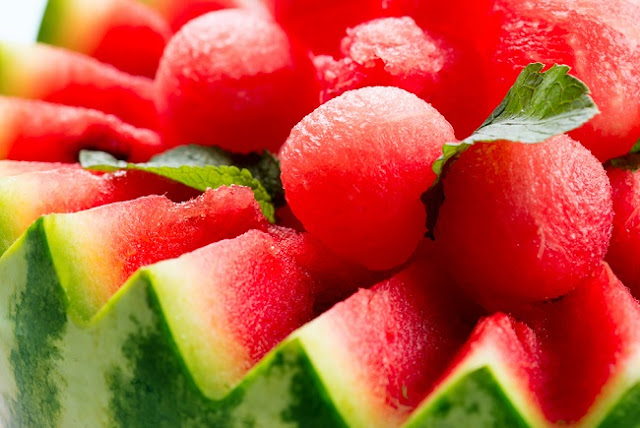Is it true that Menstrual Pain is a Sign of Difficult Pregnancy
As a woman, menstrual pain certainly becomes the usual monthly menu you experience. In general, menstrual pain is actually reasonable, but there are also, you know, menstrual pain that is a sign of conditions that can complicate pregnancy.
Menstrual pain usually occurs before the discharge of blood and can last for three days. There is also a feeling of abdominal cramps whose pain spreads to the waist, the inside of the groin, to the vagina. There are also those who feel headaches, nausea, fatigue, diarrhea and even feeling unwell.
Differentiating from Normal to Abnormal Conditions
Menstrual pain is caused by contractions of the muscle walls in the uterus. That contraction will shed the uterine lining when pregnancy does not occur. Moreover, coupled with the presence of the hormone prostagaldin released by the body to stimulate contractions. The result is menstrual pain will be increasingly felt. Until now, the appearance of menstrual pain has not been proven to be an obstacle in pregnancy. On the contrary, normal menstrual pain is considered a sign that the body is functioning normally. Excessive menstrual pain is also called dysmenorrhea. Apart from uterine contractions, dysmenorrhea can also be caused by endometriosis and fibroids. The effects of these two conditions are likely to affect the ability to get pregnant in general.Endometriosis
Endometriosis is the emergence of a layer of tissue in the uterus that grows outside the uterus. In addition to excessive menstrual pain, endometriosis can cause symptoms of pain during urination, heavy menstrual blood, pain during sex, and bowel obstruction including diarrhea and constipation.
Fibroids
Fibroids are benign tumors in or around the uterus. Symptoms of fibroids are almost the same as endometriosis, but can also be accompanied by pressure or bloating in the lower abdomen and / or swelling in the stomach depending on the size of the tumor.
Tips to Relieve Menstrual Pain
Not infrequently menstrual pain can interfere with your daily activities. Even so, there are still several ways you can do to ease the pain.- Drink warm water. In addition to preventing dehydration, drinking warm water can help ease menstrual pain while avoiding bloating in the stomach. Warm water mixed with ginger can be an alternative to reduce discomfort during menstruation.
- Warm water compress. You can use a bottle filled with warm water or a warm towel if you don't have a heating pad to put on your stomach or back. What makes it extraordinary, the effect of this natural technique is considered almost similar to the consumption of drugs.
- Increase consumption of foods containing calcium. Foods that contain lots of calcium, including milk and other dairy products, sesame seeds, almonds, and green vegetables. If you want to take calcium supplements, consult your doctor first.
- Reduce caffeine. Reducing or even avoiding caffeine completely can help reduce menstrual cramps and pressure. Do not be mistaken, not only in coffee, caffeine is also found in tea and soda.
- Avoid junk food. Junk food or food that if it can make a flatulence and the body hold water, should be avoided. For example, foods that contain high fat, soft drinks, and alcoholic drinks.
- Do relaxation. When you are stressed, menstrual pain can increase. Try to do relaxation techniques to make the body more relaxed.
- Exercise regularly. Do sports that you like, like swimming, cycling, or limited to brisk walking around the home environment. Enough three times per week, around 30 minutes for each exercise session.
- Avoid smoking. Women who smoke usually experience more severe menstrual pain. Stop smoking if you want to reduce menstrual pain.



Comments
Post a Comment